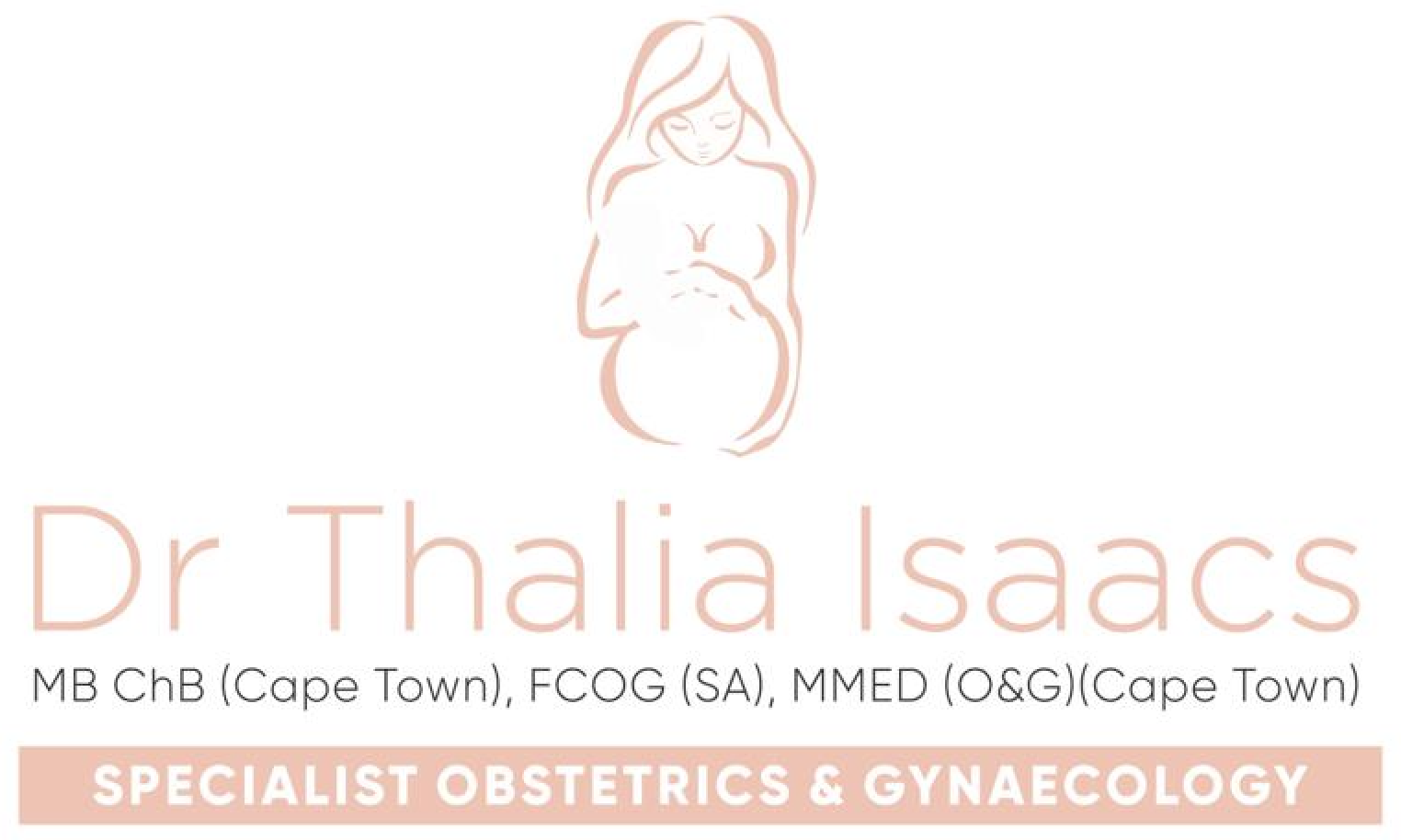Endometriosis and pelvic pain
What is chronic pelvic pain?
Chronic pelvic pain is pain in the pelvic area that lasts longer than 6 months. This pain occurs below your belly button and between your hips. This pain can be caused by many different things – it can be a symptom of another disease or a condition in and of itself. Treating the underlying medical problem may eliminate your pelvic pain. However, sometimes there is no single cause and treatment will focus on reducing your pain and symptoms to improve your quality of life.
What causes chronic pelvic pain?
As mentioned earlier, chronic pelvic pain can be the result of several conditions, including multiple at once. Some causes include:
Chronic pelvic inflammatory disease
Ovarian remnant after the uterus, ovaries or fallopian tubes are removed and a remaining piece has developed into a painful cyst
Irritable bowel syndrome
Interstitial cystitis (painful bladder syndrome)
Musculoskeletal problems
Pelvic congestion syndrome
Endometriosis
Fibroids
How is chronic pelvic pain managed?
Managing chronic pelvic pain often requires a multidisciplinary approach. The following will be performed:
Investigations to look for any primary problem
Tests to exclude pelvic infection including a pelvic Ultrasound
In some patients may be offered laparoscopy (Keyhole surgery) to exclude endometriosis
Treatment involves treating the cause
Hormonal treatment, antispasmodics may be offered in some patients
Pain control medications
What is Endometriosis?
Endometriosis is a condition where tissue from the uterus lining grows outside of the uterus. These tissue deposits still respond to your hormones and bleed with a period. As this happens outside of the uterus the blood and tissue cannot exit through your vagina. Endometriosis can cause severe pain during periods. Fertility problems may also result. As this then remains in the abdomen it can lead to painful cysts and scar tissue (adhesions). Endometriosis usually develops a few years after your first period. It may improve temporarily with pregnancy and may go away after menopause.
What are the symptoms of endometriosis?
Besides pelvic pain, endometriosis can cause:
Infertility. A third to half of women with endometriosis have difficulties falling pregnant as it may obstruct the tube and keep the egg and sperm from meeting or damage the egg or sperm
Heavy and painful periods
Pelvic pain not associated with periods
Pain whilst opening bowels
Fatigue, diarrhea, constipation, bloating or nausea during periods
Painful Intercourse
Keyhole Surgery may be needed to confirm the presence of endometriosis.
How is endometriosis treated?
You may be prescribed hormones to manage your symptoms or surgery to ease pain and treat the scar tissue to improve fertility.
